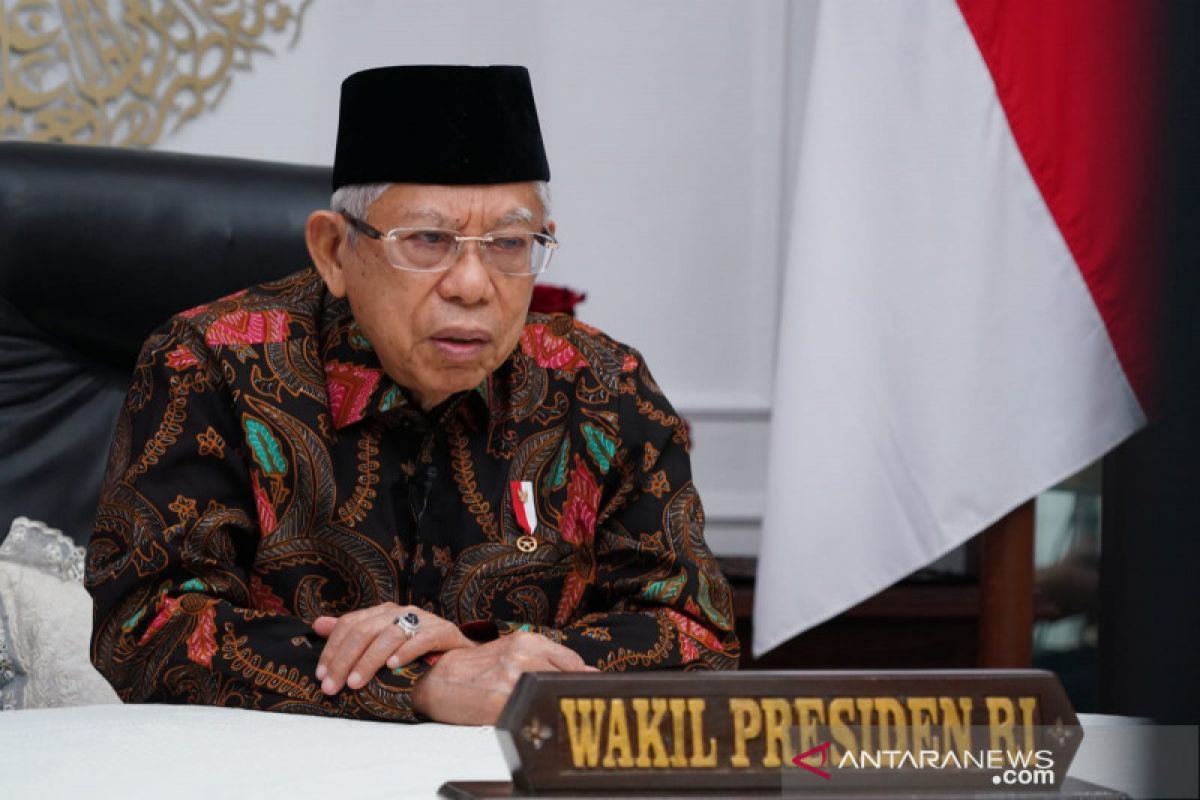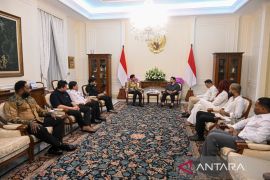"During the COVID-19 pandemic, hospitals, in general, as well as sharia hospitals, are challenged to adapt and make various innovations in health services, including providing telemedicine services," Amin stated at an online congress of the Indonesian Islamic Health Effort Assembly (MUKISI) here on Saturday.
Telemedicine services will ensure safety of the public and health workers during treatment, according to the vice president.
"Telemedicine is one form of innovation conducted by hospitals by utilizing information technology to support efforts to reduce the risk of transmission," he remarked.
Amin noted that telemedicine services can reduce the transmission rate of COVID-19, as there is no direct contact between patients and health workers.
Related news: Govt to unveil telemedicine services to address COVID-19 drug paucity
The vice president stated that the COVID-19 pandemic had a significant impact on health facilities in Indonesia.
The impact was apparent in form of the high bed occupancy rate (BOR) and the large number of health workers infected by COVID-19.
"In addition, hospital managements are reeling from burden in the form of demand for fast-paced and emergency services in addition to the risk of complaints and lawsuits against hospitals," he noted.
Hence, the vice president has urged hospitals, both general and sharia, to provide health services in a speedy and accurate manner as well as maintain service quality.
"Quality services are expected to reduce morbidity and mortality," he remarked.
The first case of COVID-19 in Indonesia was confirmed in March 2020. Since then, the government has been adopting several strategies to curb virus transmissions.
Related news: Telemedicine can boost COVID-19 handling: IDI
Translator: Fransiska N, Raka Adji
Editor: Suharto
Copyright © ANTARA 2021












